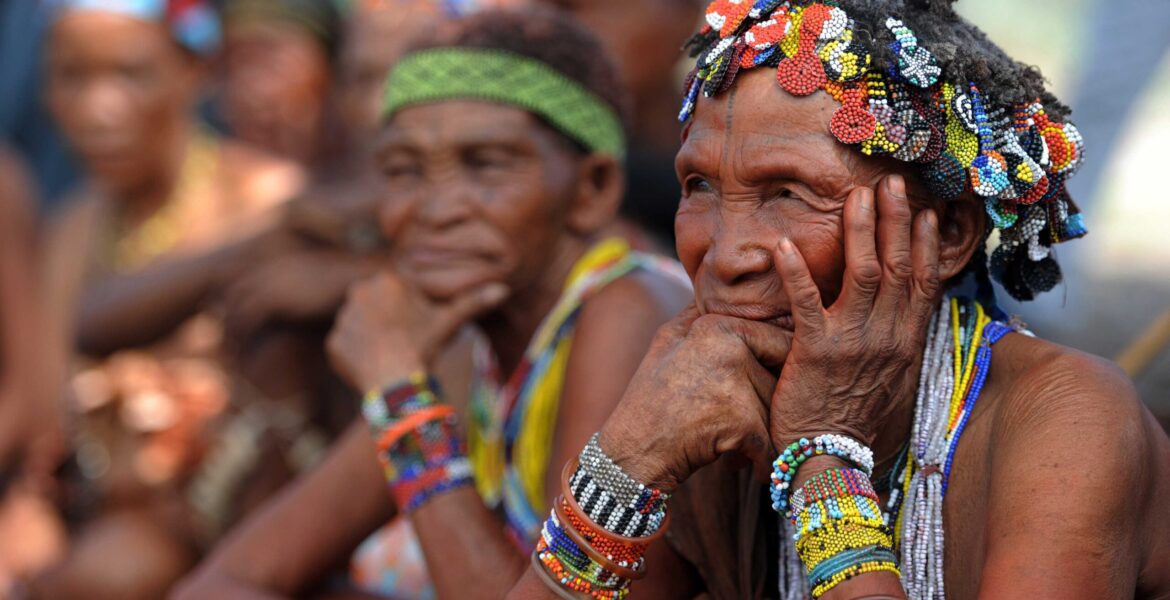- Land rights for BaSarwa forms key petition issue
- Equal rights and provision of social services are others
GAZETTE REPORTER
Leaders of the BaSarwa community in Boteti and Boteti District have scheduled a meeting for 3rd February where the two sides will discuss critical issues raised in a recent petition from the BaSarwa community.
The Botswana Gazette is informed that district leaders have formally invited representatives of the Botswana Khwedom Council to the meeting.
The Director of the BaSarwa pressure group, Keikabile Mogodu, has confirmed this and emphasised the importance of addressing the issues.
Squatters
“Yes, it is true that a communication has been made to our representatives and a meeting has been scheduled,” he said in an interview. “Our hope is that our concerns will be adequately addressed.”
BaSarwa of Boteti recently wrote a petition to district leaders about several concerns of the community, especially land rights. “They are told that they (BaSarwa) are squatters,” read the petition in part.
“They have been relocated from the farms and their ancestral land to give way to mining and cattle ranches and brought to where they are. Now they are told that they are squatters where they have been moved to.”
Burial sites
The petition also alleged denial of access to burial sites in Tsutsuga where the BaSarwa settled before Independence. In pointing this out, the Kwedom Council noted that the land in question is not even inside a game reserve.
It expressed deep concern about “marginalisation” of the BaKhwe people, highlighting their historical significance as the first inhabitants of Boteti.
The absence of BaSarwa representation in the Letlhakane Kgotla and disparities in social amenities are also sore points to them that potentially violates the Constitution of the Republic of Botswana.
Equal treatment
The petition of the Kwedom Council urged local authorities to consider the needs of all communities in Letlhakane and surrounding areas equitably.
Specific places that are predominantly inhabited by BaKhwe, such as Buuhe, Makolwane, Tsutsuga, Phase 1, and Maphanephane, are said to lack social amenities, including clinics, water and roads.

